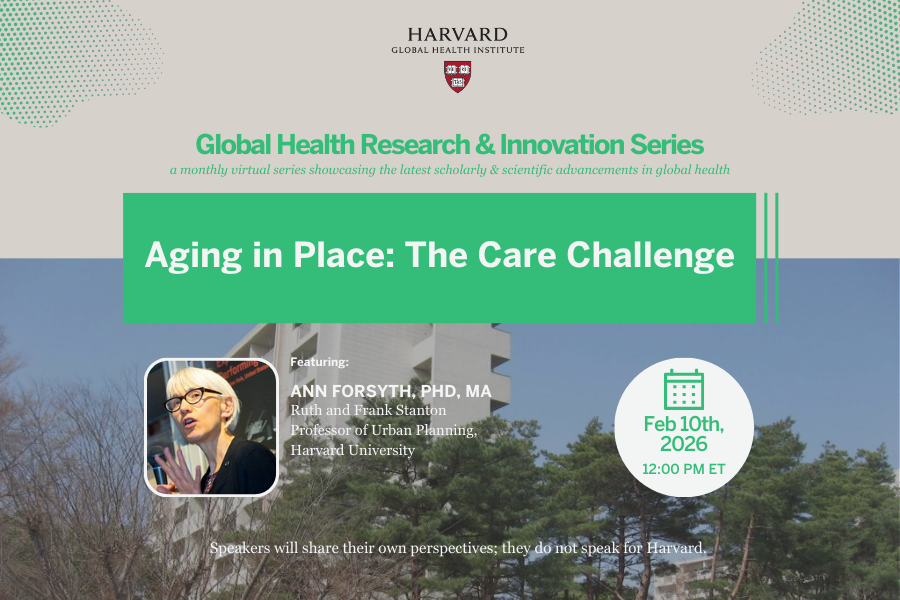
February 11, 2025, 10:00 am - 10:45 am
The History and Challenges of Immigrant Physicians in the US Healthcare System
-
 Eram Alam
Eram Alam
Since the 1960s, the United States has relied on soliciting immigrant physicians to fill vacancies due to the shortage of U.S.-trained doctors. In this talk, Professor Eram Alam will examine the reasons behind this physician migration and how this migratory flow continues to influence US healthcare dynamics. The widespread and essential presence of foreign physicians in the U.S. highlights not only the racial dynamics within the US healthcare system but also illustrates the broader workings of the political economy of healthcare in our globalized era.
This event is free and open to the public.
About the Speaker

Eram Alam, PhD, Assistant Professor of the History of Science, Harvard University
Eram Alam is an Assistant Professor of the History of Science at Harvard University. Her research is primarily concerned with the history of medicine, with a particular emphasis on globalization, race, migration, and health during the twentieth century. Her first book, The Care of Foreigners: How Immigrant Physicians Changed US Healthcare, explores the enduring consequences of post-colonial physician migration from Asia to the United States since 1965. Her next project, Patients Without Borders, is also inspired by mobility regimes and traces US patient movement to sites outside of the country for medical care. As access to routine care such as hip replacements or dental services becomes more convoluted and fragmented, the project asks: how have medical travel patterns and routes to certain countries emerged and stabilized?
About the Moderator

David S. Jones, MD, PhD, A. Bernard Ackerman Professor of the Culture of Medicine at Harvard Medical School and in the History of Science at Harvard Faculty of Arts and Sciences; Professor of Epidemiology at the Harvard T.H. Chan School of Public Health
Trained in psychiatry and history of science, David Jones is the Ackerman Professor of the Culture of Medicine at Harvard University. His research has focused on the causes and meanings of health inequalities (Rationalizing Epidemics: Meanings and Uses of American Indian Mortality since 1600) and the history of decision making in cardiac therapeutics (Broken Hearts: The Tangled History of Cardiac Care). He is currently at work on four other histories, of the evolution of coronary artery surgery, of heart disease and cardiac therapeutics in India, of the threat of air pollution to health in India, and of the history of air pollution research in the United States. His teaching at Harvard College and Harvard Medical School explores the history of medicine, medical ethics, and social medicine.
About the Global Health Research & Innovation Speaker Series
The Harvard Global Health Institute’s Global Health Research and Innovation Speaker Series showcases the latest scholarly and scientific advancements in global health across Harvard and beyond, to make cutting-edge research accessible to a diverse global audience, and to spark innovative solutions in the pursuit of health equity and improved health outcomes worldwide. The public series takes place virtually on the second Tuesday of each month from 12:00 to 12:45 pm ET. Each session will include a presentation by a featured speaker showcasing their innovative research in global health, followed by a moderated Q&A.
Speakers will share their own perspectives; they do not speak for Harvard.





